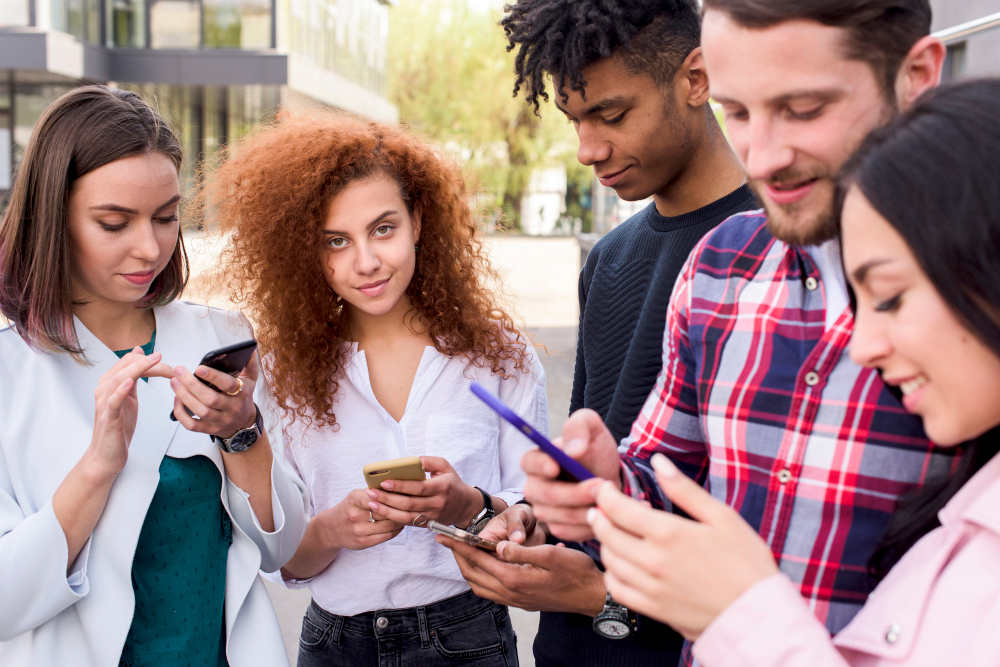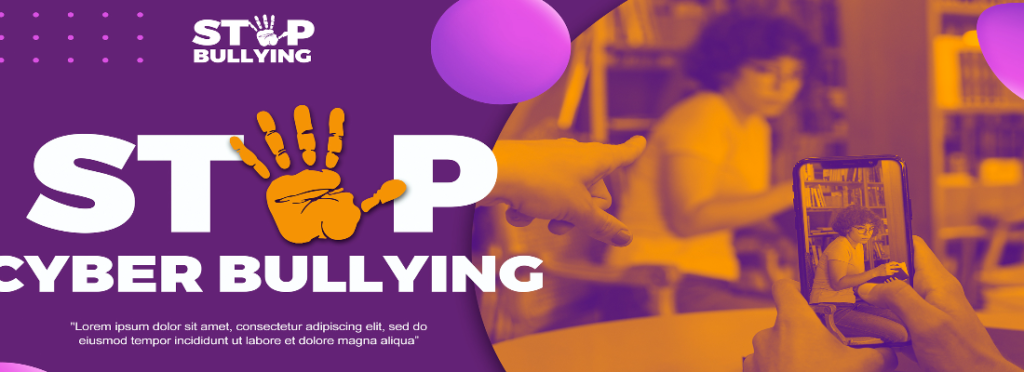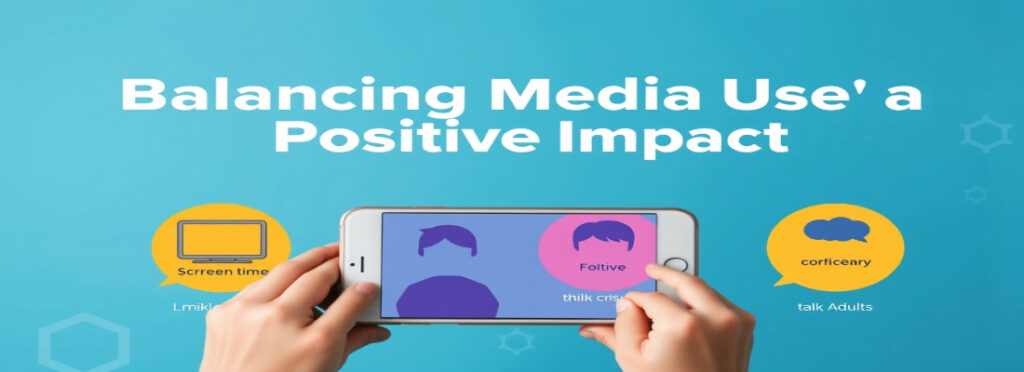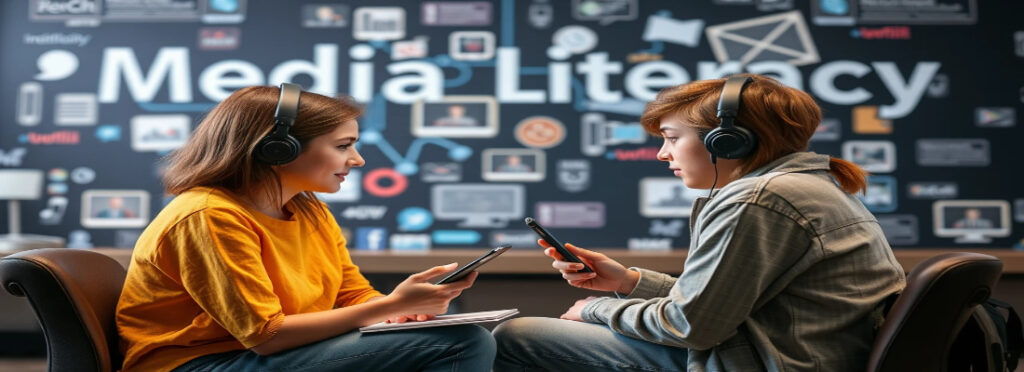
Media has a powerful influence on all of us, especially on teenagers. Teenagers are often more exposed to various forms of media than any other age group due to their easy access to the internet, smartphones, social media, and streaming platforms. This exposure can have both positive and negative impacts, shaping the way teenagers think, feel, and interact with the world around them. Here’s a closer look at how media affects teenagers and what it means for their development.

Positive Impacts of Media
- Access to Information
Media provides teenagers with quick and easy access to information. Whether it’s current events, scientific discoveries, educational content, or DIY projects, teenagers can learn about anything with a few taps on their screens. This wealth of knowledge helps them stay informed, supports their school projects, and encourages curiosity. - Platform for Expression
Social media platforms offer teenagers a space to express themselves creatively. They can share their thoughts, art, music, and ideas, which can help boost their confidence and self-esteem. Through blogs, videos, or social media posts, teenagers can connect with others who share similar interests, fostering a sense of community and belonging. - Awareness of Social Issues
Media often covers social issues like climate change, human rights, gender equality, and mental health. Teenagers exposed to these topics become more aware of the world’s challenges, which can inspire them to take action or make informed choices. Media plays a crucial role in shaping socially responsible citizens of the future.

Negative Impacts of Media
- Body Image and Self-Esteem Issues
Media, especially social media, often promotes unrealistic beauty standards through edited photos and carefully curated content. Teenagers might compare themselves to these images, which can lead to feelings of inadequacy and low self-esteem. This can affect their mental health and lead to issues like anxiety, depression, and eating disorders. - Addiction and Distraction
With constant notifications, endless scrolling, and engaging content, social media can be addictive. Many teenagers spend hours on their devices, which reduces the time they have for studying, hobbies, and face-to-face interactions. Too much screen time can also affect their sleep and make it difficult for them to concentrate on their schoolwork. - Cyberbullying
Cyberbullying is a growing problem among teenagers. Social media and online platforms make it easy for bullies to target others with hurtful comments or messages, which can have a severe impact on a teenager’s mental health. Being bullied online can lead to isolation, anxiety, and even depression. - Spread of Misinformation
Not all information on social media or the internet is reliable. Teenagers might come across false information or harmful advice that can mislead them. Misinformation, such as rumors or fake news, can cause confusion and fear among teenagers and even lead to risky behaviors.

Balancing Media Use for a Positive Impact
It’s essential to understand that media itself isn’t bad—it’s how we use it that makes the difference. Here are some tips to help teenagers benefit from media in a balanced way:
- Limit Screen Time: Set a specific time for social media or entertainment so that it doesn’t interfere with studies, sleep, or physical activities.
- Follow Positive Influencers: Encourage following influencers and pages that promote positivity, mental health awareness, educational content, and real-life success stories.
- Think Critically: Teenagers should learn to question the information they see online. This includes checking facts and understanding the difference between real and fake news.
- Talk to Adults: If a teenager feels uncomfortable with something they see online, talking to a parent, teacher, or counselor can help them process these feelings and offer guidance.

Conclusion
Media can be a powerful tool for learning and growth, but it also comes with its share of risks. For teenagers, it’s crucial to strike a balance between the positive and negative aspects of media. By using media responsibly and thoughtfully, teenagers can harness its benefits while minimizing its negative impact. Media literacy, or understanding how to use media wisely, is an essential skill for today’s teenagers, helping them become informed and responsible members of society.



Hi, this is a comment.
To get started with moderating, editing, and deleting comments, please visit the Comments screen in the dashboard.
Commenter avatars come from Gravatar.